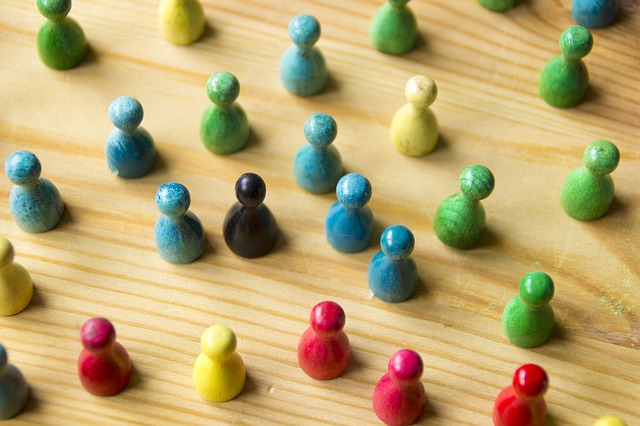by Mirjana Beara
Know How Centre and State university of Novi Paza
Focus Summary
Intercultural education in primary and secondary schools could contribute to intercultural society. Intercultural education is a lifelong, holistic process of acquiring knowledge, skills and values necessary for the development of a democratic society in which diversity and human dignity are respected. It strives to surpass ethnocentric standpoint (which is represented through denial, defense and minimizing of cultural differences) and to achieve ethnorelativistic standpoint, which is represented as acceptance, adaptation and integration of cultural diversity.
Teacher training program “Challenges of intercultural teaching and learning” is accredited, one-day program of continuous professional development of teachers and other education professionals for the school years 2016/2017 and 2017/2018, financially supported by Ecumenical humanitarian organization within the project “Improving the living conditions of Roma and other marginalized groups, prevention of illegal migration and encouraging the reintegration of returnees into Serbia” (HEKS/EPER). It was implemented in 20 municipalities throughout Serbia, with 543 participants, including 3 schools from Šid municipality which were about to enroll refugee children.
Key Insights
Objective of the training was acquiring knowledge, skills and attitudes for: Better understanding and appreciation of the values and goals of intercultural learning and improving practice of intercultural learning and intercultural communication. Discussed topics were stereotypes, prejudices, discrimination, intercultural sensitivity and methods that could be used to better familiarize with different cultures and intercultural learning. Results of input and output questionnaire with participants showed that their expectations from the training were fulfilled to the fullest extent, that their knowledge of intercultural terms and problems increased by 1 point at the end of training, in relation to the input questionnaire. Also, teachers’ beliefs on interculturalism showed significant differences after the seminar as increased intercultural sensitivity. Total of 20 schools was supported in implementing small intercultural projects involving students, teachers, parents and local community.
Another result from the training was contribution to public debate on new Law on Education System (out of 13 suggestions, 4 were accepted for the final draft), and developed policy paper on intercultural education that will be sent to decision makers.
Key take-outs from the ISHHR 2017 Conference (industry feedback, networking, peer presentations):
Feedback was positive and could lead to cooperation with RVTS from Norway. Ms Gwynyth Overland showed interest in distributing the concept to her colleagues.
Future goals — what’s next?
A conference titled “Challenges of intercultural education in the light of migrations” that will take place on 12th October 2017 in Novi Sad; New cycle of training in 10 municipalities and more attention to schools that enrolled refugee children.
Distribution of the policy paper on intercultural education to the decision makers and stakeholders.
How can local / national / international media better assist in bringing the vital issues discussed at ISHHR 2017 to light, and further encourage real, positive change and understanding?
More focus on good practice in intercultural school projects, examples of dialogue and solidarity between different cultural groups in education system, and especially examples of successful integration of refugee children, their achievements in school and everyday life.

